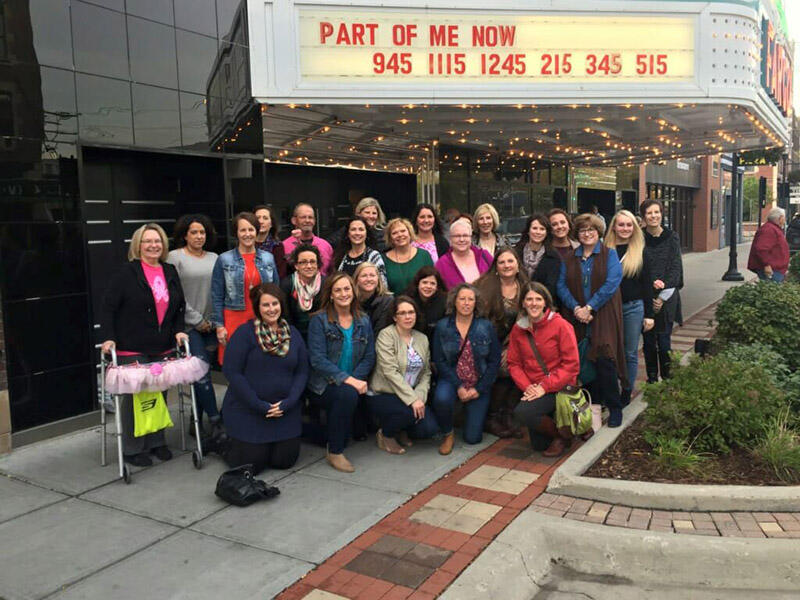In October of 2008, Krystal Anderson was diagnosed with lobular breast cancer.
“It was a pretty big surprise for me because I just had a mammogram in July of that year,” said Anderson. “It spread and was harder to detect than a ductal cancer that tends to form more of a lump.”
In need of support
Immediately upon diagnosis, she knew she needed help. Doctors and family members had their part to play in her treatment and care, but Anderson was looking for support from women who had dealt with breast cancer themselves. Luckily, the Fargo-Moorhead Breast Friends support group had just been formed.
“We all become one big group of friends,” said Anderson. “We kind of call it a sisterhood.”
Anderson would go through two rounds of chemotherapy, followed by surgery and radiation. She’s been cancer free for more than a decade, but now she mentors other Sanford breast cancer survivors one-on-one.
Enroll now: Sign up for Sanford Health’s cancer survivorship programs
“Sanford gives us a referral and we usually reach out via phone call. We might set them up for another meeting or sometimes then those people decide that a support group is something that they would like to join,” said Anderson. “The more support you get and the more knowledge you gain, I think the more able you are to support others. That’s the message that we have.”
The power of mentorship
Anderson has been involved with cancer survivorship for 14 years on both sides of the mentor-mentee relationship. She said that while many cancer patients need support during treatment, some of the most emotional times for survivors come afterwards.
“When you’re done with (treatment), we have found that women have kind of put their emotions on hold in regard to the whole situation. And then all these emotions come in and they find some anger and maybe some depression,” Anderson said. “It’s really hard to describe it to family and friends who sometimes just want you to move on. They don’t mean that in a negative way. … It’s just difficult for them to understand why we can’t just jump forward and go on with things sometimes.”
Mentors can talk other cancer survivors through all sorts of subjects, whether it’s emotional support, financial advice during treatment or very often, options for breast reconstruction. Whether cancer survivors are working one-on-one with a Sanford mentor, or in a larger support group, their common bonds benefit both the mentor and the mentee alike.
“I know I can ask them anything and they can ask me anything. We have that kind of relationship,” Anderson said. “A lot of (cancer survivors) do bond according to what kind of treatments or what kind of cancer they had. It’s helpful to talk to somebody else about what they’ve done.”
Connecting to care
Sanford Health introduces new breast cancer patients in the Fargo-Moorhead area to the mentorship program for one-on-one support. Patients are fortunate to also have the option of the Breast Friends group as well, which Anderson now co-chairs.
When it comes to survivorship, every individual has different needs, but with these optinos there is typically one common thread: shared experience.
“Knowing that somebody else has gone through it is just really a benefit,” said Anderson. “So we find that talking to somebody else who’s gone through some of those same things can be extremely helpful and it feels supportive. You’re not alone.”
Learn more
- Breast cancer survivorship 101: What’s next?
- Five breast cancer screening options
- Caregiver support group aims to help those who help others
…
Posted In Cancer, Cancer Screenings, Cancer Treatments, Community, Fargo, Here for all. Here for good.

